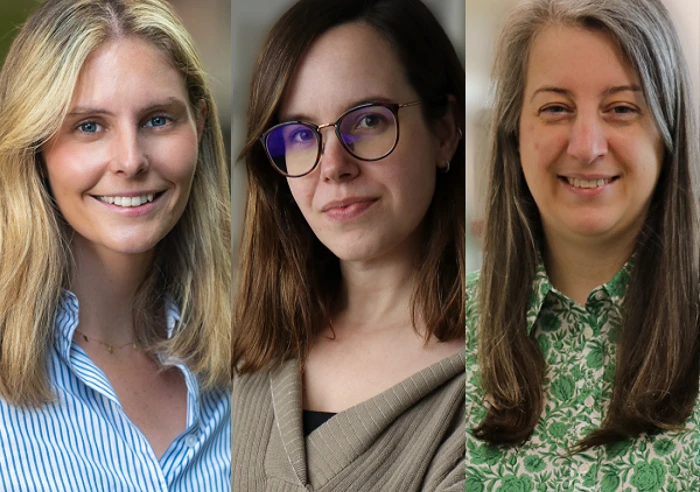bg-very-light-peach
Our work
Health themes
Alcohol and other drugs
Health emergencies and pandemic response
Healthy ageing and non-communicable diseases
Hepatitis B and C
HIV
Malaria and other mosquito-borne diseases
Sexual and reproductive health
Tuberculosis, COVID-19 and other airborne pathogens
Women's and children's health
Young people's health
bg-type-careers
Careers and study
bg-type-support
Support us
bg-very-light-peach
Commercialisation
bg-surface-tint
Our work
Health themes
Alcohol and other drugs
Health emergencies and pandemic response
Healthy ageing and non-communicable diseases
Hepatitis B and C
HIV
Malaria and other mosquito-borne diseases
Sexual and reproductive health
Tuberculosis, COVID-19 and other airborne pathogens
Women's and children's health
Young people's health
bg-surface-tint
Careers and study
bg-surface-tint
News
bg-surface-tint
Support us
bg-surface-tint






